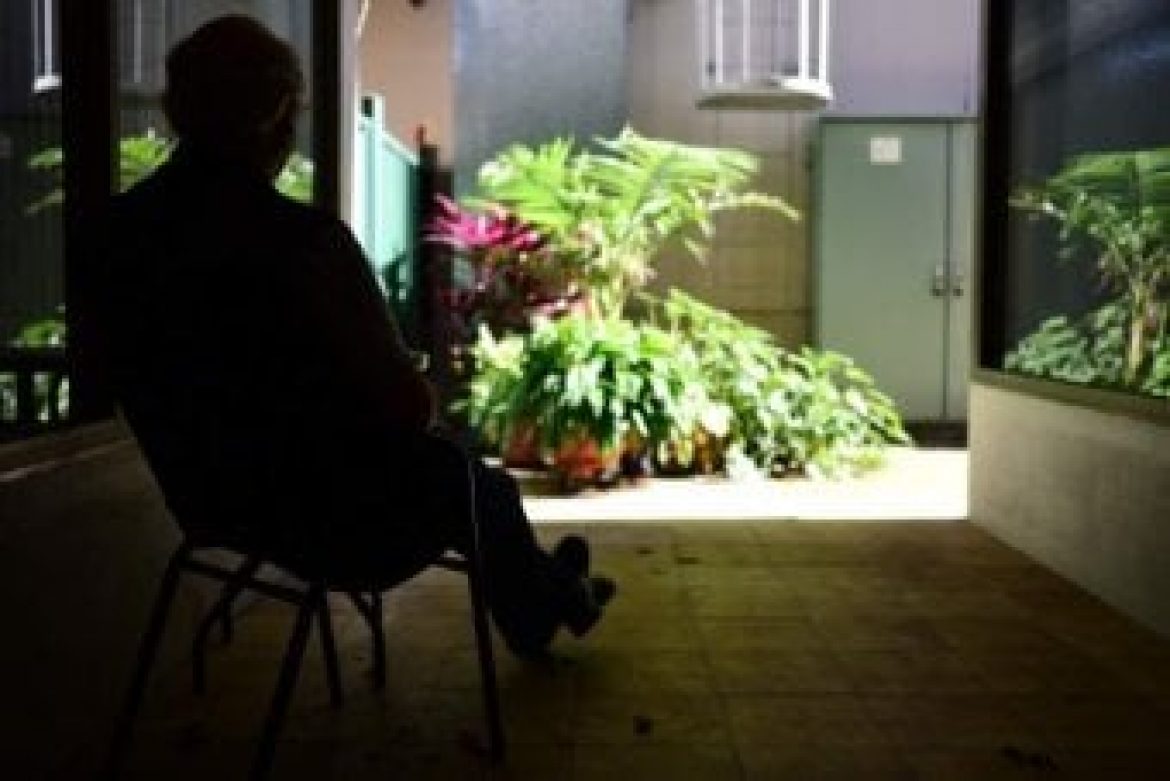
Ageing with HIV: ‘Stigma will kill you before the disease’
Peter (not his real name) has been keeping his HIV diagnosis a secret for more than three decades. He was in his thirties and running a guesthouse for gay men in the northern New South Wales town of Grafton when he first discovered he was positive. “Things were pretty grim in those days, a lot of people were dying,” Peter said.
“At that stage we all thought it was a death sentence.” There were few treatment options then, and even fewer doctors who were willing to look at sick gay men.”I had one GP tell me he would no longer be treating me … it’s petrifying” Peter said. Today, HIV is still an infectious disease, but a combination of antiretroviral therapy and drugs to treat symptoms and side effects has ensured life expectancy is equivalent to those of the general population, at least in Australia.
If medication is taken at the point of diagnosis, the individuals can be non-infectious within two months. Now aged 67, alive and relatively well, Peter’s fighting another battle — old age.
Peter can still only count on one hand how many people he has told about his HIV. “You don’t want to tell your neighbours or anything, there’s still a certain amount of fear involved” he said.
Stigma lives on
While Australia has come a long way since Peter was refused treatment in the eighties, the stigma has persevered. Troy Dunn, a healthcare worker with The Bobby Goldsmith Foundation said it often came down to a lack of health literacy.
“People used to say oh AIDS, and I said no that’s completely different, AIDS is what happens when HIV is left untreated,” he said. “AIDS is nearly unheard of these days”.
Mr Dunn said many of his clients turned to alcohol and drugs as a means of coping with poor mental health after finding out they were positive.”There’s a bit of a saying within the sector that the stigma will kill you before the disease does,” he said.
A growing ageing population
Nick Lawson, CEO of HIV charity The Bobby Goldsmith Foundation, said there were several questions surrounding the challenges age brought to managing the condition. “Does HIV exacerbate conditions that naturally occur in the ageing process and what is the impact of HIV on medical and psychological issues?
“In terms of the community and social needs, are aged care centres sensitive to the needs and conditions of people living with HIV?” he asked. “We would probably argue that they are not.” The University of New South Wales’ Kirby Institute estimates 20 per cent of people living with HIV (PWHIV) were not receiving the care they needed, and by 2020, 44 per cent of the diagnosed population will be 55 or over. Associate professor Kathy Petoumenos said PWHIV experience age-related comorbidities such as cardiovascular disease, diabetes and cancers similarly to the negative population, but there was evidence to suggest it occurs more often in positive people.
“It could be a combination of lifestyle factors as well as what the virus is contributing and potentially, what previous or current treatment has contributed to that increased risk,” Dr Petoumenos said. But she said that did not mean people should stop taking treatment.
By Meghna Bali Updated Sun at 1:53pm ABC Coffs Coast
http://www.abc.net.au/news/2018-09-07/growing-old-with-hiv-virus/10210422